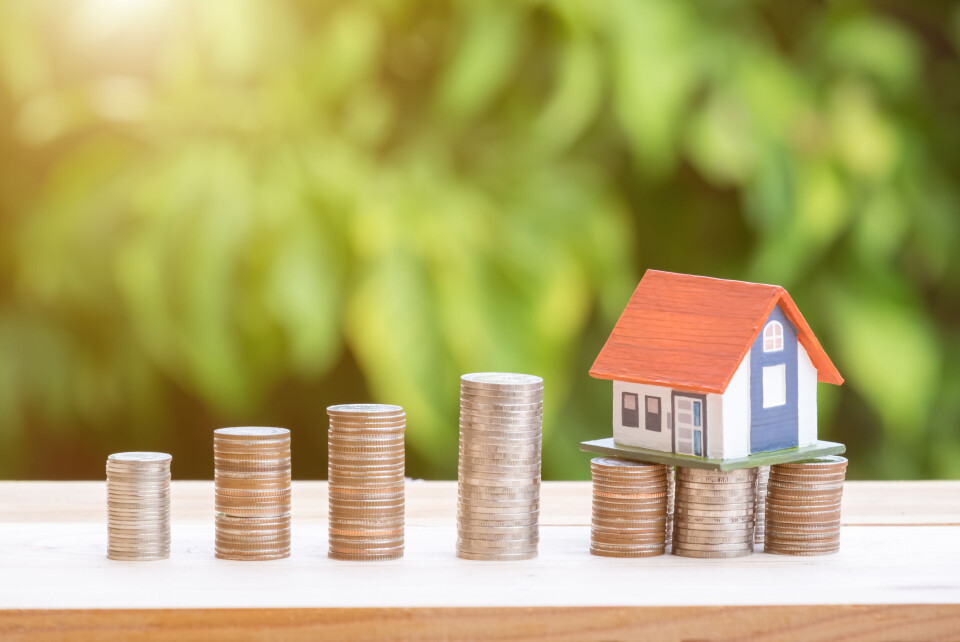-
New anti-cruise passenger tax could affect UK-France ferries
The proposed amendment ‘does not clearly distinguish cruise ships from ferries’, says minister
-
French second homes: How capital gains tax abatement works (2025)
The tax exemption at sale depends on the time elapsed since the property was purchased
-
French second homes: tax-exemption time for capital gains may be reduced
MPs voted the bill through in a bid to improve housing market in high-demand areas
All owners of French properties must fill in this new tax-site form
A new declaration, to be completed by summer 2023, is required of everyone, including second homeowners, owning houses or flats in France

Millions of homeowners in France now have another declaration form to fill in this year linked to reforms to the French residency tax, taxe d’habitation.
Over recent years taxe d’habitation has been removed for main homes. It is still due, however, in full for second homes and other properties you have available for you to live in.
Those who do still have to pay the taxe d’habitation will be billed according to the property that they owned, rented, or occupied on January 1 of the year in question.
Read more: Who still has to pay the taxe d’habitation in France in 2022?
The similar taxe sur les logements vacants, levied on empty, unused properties, also still applies.
To help determine who still needs to pay these taxes, public finance office la Direction générale des finances publiques (DGFiP) is now asking all homeowners to complete a new declaration.
Who has to fill in the form?
The form is required if you have a main home or a second home in France, and whether your properties are currently being lived in or not.
Even if you believe you have no taxe d’habitation to pay, you are still required to fill in the form.
Around 34 million homeowners and 73 million properties are affected, the DGFiP has said.
How do I fill in the form?
Homeowners must fill in the form on the impots.gouv.fr website, in the Mes biens immobiliers section of their personal space, to complete a déclaration d’occupation for each of their properties.
On the Biens immobiliers declaration, you must indicate who was living in the property, or had it at their disposition, on January 1, 2023. Information already held by the tax office will have been pre-filled, so for many people it will be just a matter of ‘a few clicks’ to check it is correct, the DGFiP told The Connexion.
Our March edition will include an article assisting second-home owners on this issue.
You only need to fill in the form once, unless any details later change.
Even non-resident second-home owners are entitled to have a personal space at the tax website as long as they pay local property tax, and so have a French numéro fiscal tax number. Benefits include being able to consult your local property bills online in this space.
However, for people who do not have an account on the site it will be possible to provide the information over the phone on 0809 401 401. You will have to listen to a French recorded message first, then dial 0 when prompted tapez zero pour poursuivre votre appel. You will then be given different options.
Click 1 for more information about the property declaration. At the end it will invite you to click 1 again if you want to speak to someone.
Alternatively, do not press 1 but instead choose option 4 (tapez quatre) when prompted, which will also put you on hold to speak to an advisor.
You should have to hand in information from a previous tax statement such as your numéro fiscal (tax number), as well as an identity document such as your passport.
The DGFiP state they expect many people will complete the formality at the same time as their tax returns this year, however this is not obligatory as the two are not directly linked. The final date to complete the new declaration is June 30, 2023.
What about other types of property?
The form only applies to types of property potentially subject to taxe d'habitation or taxe sur les logements vacant, so properties such as commercial buildings (eg. shops) are not included. Rental properties are included.
Related articles
Taxe foncière, taxe d’habitation: how are these worked out in France?
French second homes: taxe d’habitation rates continue to rise
What is meant in French law by 'moveable' or 'immoveable property'?
























